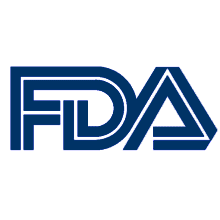Extinguished cigarette butts continue to release harmful toxins, reports News Medical Life Sciences, citing a new study.
Dustin Poppendieck, a measurement scientist at the National Institute of Standards and Technology (NIST), and his team discovered that in one day, a used butt can give off the equivalent of up to 14 percent of the nicotine that an actively burning cigarette emits.
Poppendieck and his team measured eight of the chemicals typically emitted from cigarettes as well as triacetin, a plasticizer often used to make cigarette filters stiff. Most of the chemicals were emitted in the first 24 hours, but nicotine and triacetin concentrations were still at about 50 percent of the initial level five days later. Butts emitted these chemicals at higher rates when the air temperature was higher.
“The nicotine coming from a butt over seven days could be comparable to the nicotine emitted from mainstream and sidestream smoke during active smoking,” Poppendieck said.
The NIST study was performed under an interagency agreement with the U.S. Food and Drug Administration.









